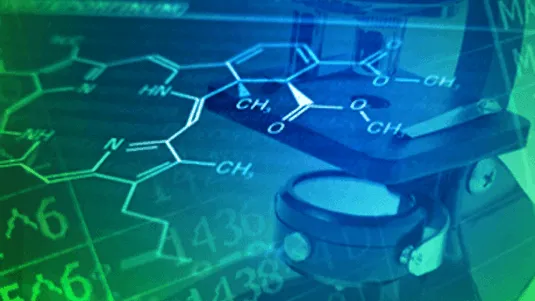
Analytical Chemistry & Instrumental Analysis 
Unlock the secrets of analytical chemistry and instrumental analysis with this captivating course! Whether you're intrigued by the science behind CSI or pursuing a chemistry degree, this course is perfect for you. Delve into the world of analyzing samples, from water and blood to pieces of art, using cutting-edge instruments like mass spectrometers and gas chromatographs. Gain a deep understanding of how these complex tools work, learn to calibrate and control their performance, and master the art of selecting the best method for each measurement need. Don't miss this opportunity to become a skilled analytical chemist! ▼
ADVERTISEMENT
Course Feature
![]() Cost:
Cost:
Free
![]() Provider:
Provider:
Coursera
![]() Certificate:
Certificate:
No Information
![]() Language:
Language:
English
![]() Start Date:
Start Date:
13th Jan, 2014
Course Overview
❗The content presented here is sourced directly from Coursera platform. For comprehensive course details, including enrollment information, simply click on the 'Go to class' link on our website.
Updated in [September 25th, 2023]
What does this course tell?
(Please note that the following overview content is from the original platform)This course covers about a half a semester of instrumental analysis which is a standard part of the undergraduate chemistry curriculum Any chemist has to understand how to analyze samples - whether they are water samples blood samples or bits of a painting Most often chemists do this using instruments of some sort Machines like mass spectrometers or gas chromatographs can indicate both whats in a sample (qualitative) as well as how much of something there is(quantitative) If you are fascinated by shows like CSI and have enough basic chemistry this course would be great for you However the course is first and foremost designed for chemistry students working towards their degree
Students who complete this class will understand that analytical instruments are not black boxes but rather complex tools whose utility depends in detail on how analysts both configure and apply them Towards that end there are three pimary objectives First students will learn facts about major classes of instruments commonly used in chemical analysis Their knowledge will be captured by the ability to block diagram these complex pieces of equipment and tailor the specifications to the measurement needs Second the course will cover the basics of instrumental calibration and quality control Analysts will develop the ability to apply calibration curves internal standards and the method of standard addition as needed for various measurement problems Finally students must learn how to select and tailor the best instrumental method given a particular measurement need This higher level skill involves critical evaluation of the strengths and limitations of the various method and the ability to understand the context behind a measurement needWe considered the value of this course from many aspects, and finally summarized it for you from two aspects: skills and knowledge, and the people who benefit from it:
(Please note that our content is optimized through artificial intelligence tools and carefully reviewed by our editorial staff.)
What skills and knowledge will you acquire during this course?
During this course, students will acquire the following skills and knowledge:
1. Understanding of major classes of instruments commonly used in chemical analysis: Students will learn about different types of instruments such as mass spectrometers and gas chromatographs. They will be able to block diagram these complex instruments and customize their specifications to meet specific measurement needs.
2. Instrumental calibration and quality control: Students will learn the basics of instrumental calibration, including the use of calibration curves, internal standards, and the method of standard addition. They will develop the ability to apply these techniques to ensure accurate and reliable measurements.
3. Selection and tailoring of instrumental methods: Students will learn how to select the most appropriate instrumental method for a given measurement need. This skill involves critical evaluation of the strengths and limitations of different methods and understanding the context behind the measurement requirement.
Overall, students completing this course will gain a comprehensive understanding of analytical instruments and their applications. They will be able to effectively configure and apply these instruments for qualitative and quantitative analysis.
Who will benefit from this course?
This course on Analytical Chemistry & Instrumental Analysis will primarily benefit chemistry students working towards their degree. It is designed to provide them with a comprehensive understanding of how to analyze samples using instruments commonly used in chemical analysis.
Specifically, this course will benefit chemists who need to analyze various types of samples, such as water samples, blood samples, or bits of a painting. It will teach them how to use instruments like mass spectrometers or gas chromatographs to determine the qualitative and quantitative composition of a sample.
Additionally, individuals who are fascinated by shows like CSI and have a basic understanding of chemistry will find this course interesting and valuable. It will provide them with a deeper understanding of how analytical instruments work and how they are applied in real-world scenarios.
By completing this course, students will gain the ability to block diagram complex instruments, tailor their specifications to measurement needs, and apply calibration curves, internal standards, and the method of standard addition for quality control. They will also develop critical evaluation skills to select and tailor the best instrumental method for a particular measurement need.
Course Provider

Provider Coursera's Stats at AZClass
Discussion and Reviews
0.0 (Based on 0 reviews)
Explore Similar Online Courses
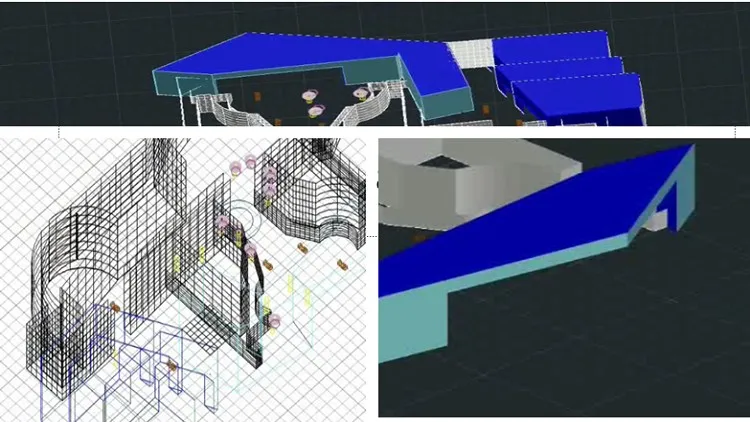
Learn Autocad basics from projects
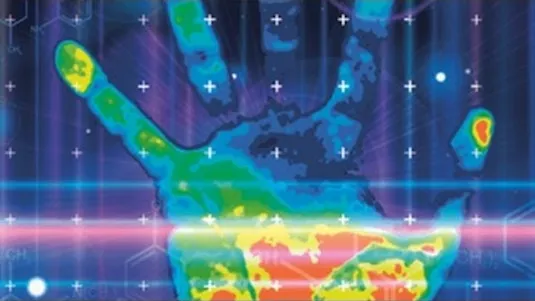
Forensic Science and Criminal Justice

Python for Informatics: Exploring Information

Social Network Analysis

Introduction to Systematic Review and Meta-Analysis

The Analytics Edge

DCO042 - Python For Informatics

Causal Diagrams: Draw Your Assumptions Before Your Conclusions

Whole genome sequencing of bacterial genomes - tools and applications
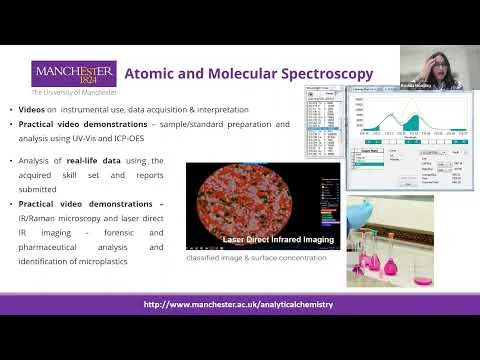
Develop your practical skills with the Analytical Chemistry online course
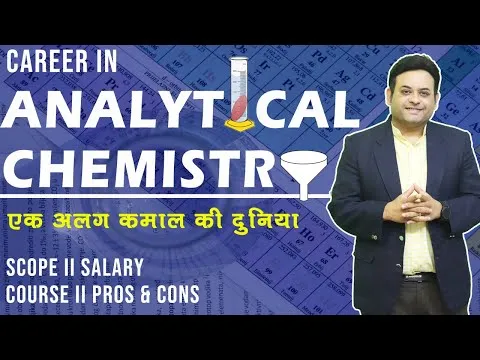
Analytical Chemistry II All you want to know
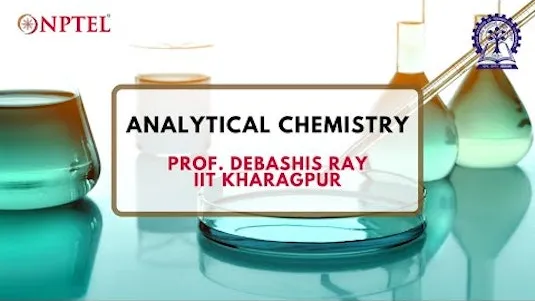

Start your review of Analytical Chemistry & Instrumental Analysis